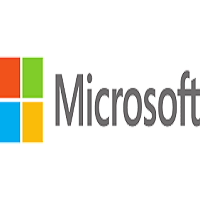eCommerce Software
E-commerce software is the backbone of any online business. It makes it easier for e-stores to maintain control over all aspects of their sales process, including updating inventory and customer details on a timely basis so that shoppers have access to up-to-date information when browsing your products. As complexity increases in modern shopping experiences through multiple channels or requiring decisions from consumers, you need an intelligent eCommerce tool.
Online shopping has become increasingly complex, with consumers now managing an online experience across multiple channels. This requires many decisions on the part of customers and can be difficult to manage without e-commerce software. It’s not just about buying; by using this type of technology, companies are able to provide a seamless customer service experience which includes order fulfillment operations that optimize shipping costs while maintaining swift delivery times for their clients – all in one convenient location!
E-Commerce software is necessary to ensure seamless integration. With more and more online shoppers across the world, it’s difficult for businesses not to use eCommerce systems to keep up with all of their customers’ needs. E-Commerce professionals have an opportunity today that they never had before – the ability to use a system that integrates seamlessly into every aspect of their lives as consumers in order to provide them with optimal shopping experiences from the start (online store) through the finish (delivery).
E-Commerce software offers a variety of features to help you set up your online store and manage operations. The eCommerce software allows you to design the perfect website, list products for sale, process payments securely, and provide sales reports that will keep track of all aspects from inventory management down to customer relationships.
Software related to eCommerce software that can be used together with eCommerce tools includes: eCommerce Platforms.












































